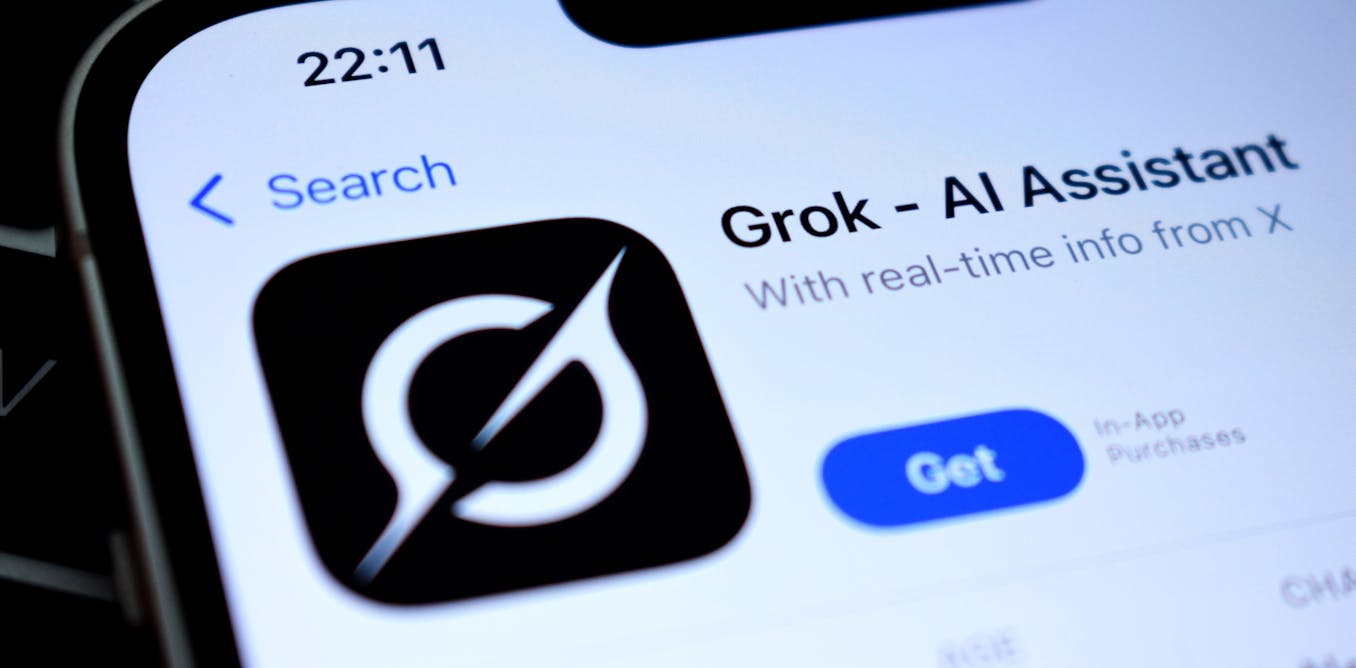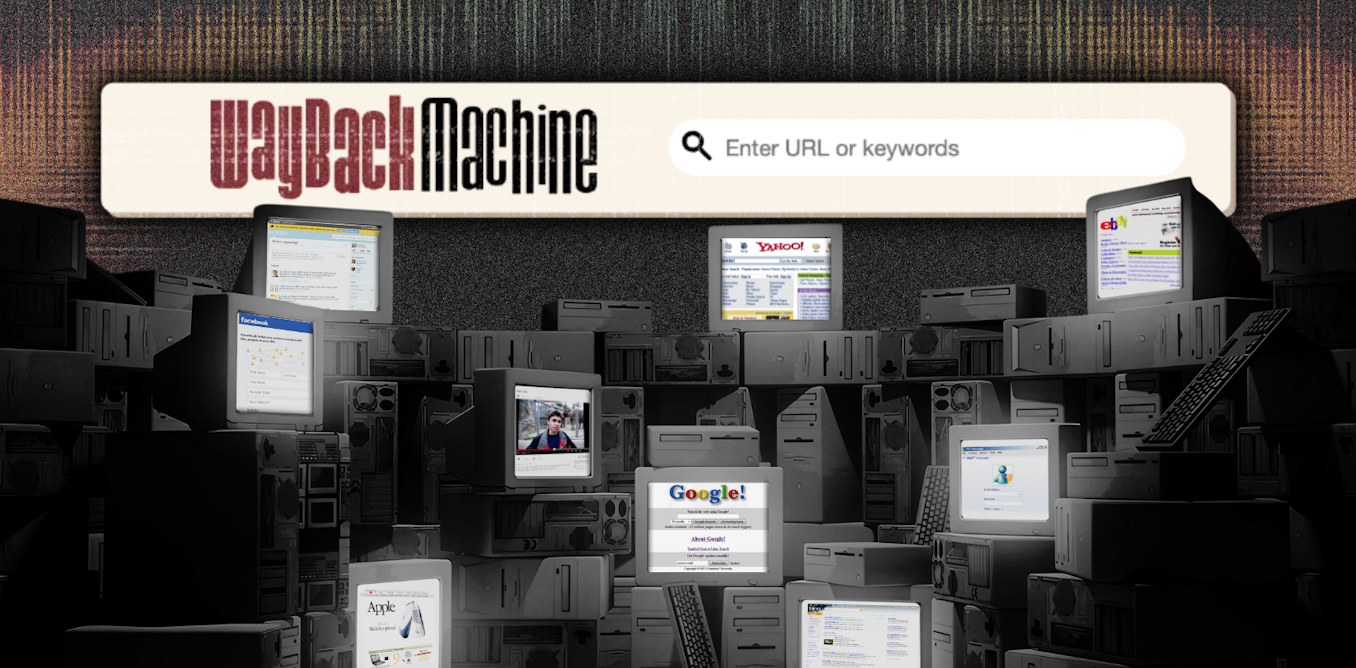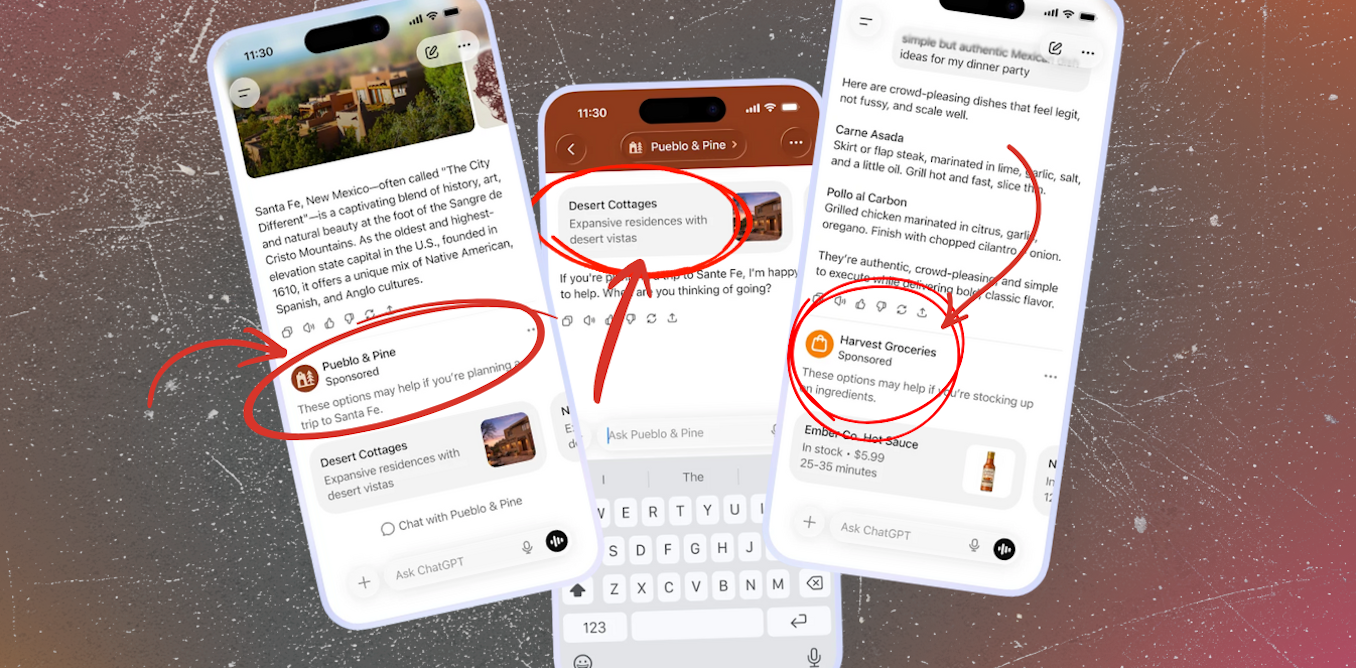rapidly. New technologies, trends, and consumer behaviors are always emerging, and being curious can help you stay ahead of the curve. An analytical mindset is also crucial. As a digital marketer or e-commerce specialist, you’ll be working with data, metrics, and analytics tools to make informed decisions about your strategies and campaigns. This means being able to interpret data, identify patterns, and make strategic recommendations based on what you find. Storytelling is another important skill in this industry. Whether you’re creating marketing content, product descriptions, or social media posts, being able to tell a compelling story that resonates with your audience can make all the difference. This means understanding the needs and desires of your target market and crafting content that speaks to them and encourages them to take action. If you’re already practicing these skills in your current role or hobbies, then you’re already on your way to success in digital marketing and e-commerce. And if you’re new to these concepts, no worries! This program will help you develop and refine these skills as you progress. Up next, we’ll dive deeper into specific roles and responsibilities in the industry and explore some of the skills, tools, and knowledge you’ll need to succeed. [MUSIC PLAYING]
This article is an introduction to the world of digital marketing and e-commerce. It discusses the history and growth of e-commerce and how it has transformed the business landscape. The article also delves into the concept of digital marketing and how it helps businesses reach and engage with customers online. It highlights the advantages of digital marketing over traditional marketing, such as cost-effectiveness, reach, and customer relationship building.
The article also explores the different roles and responsibilities within the digital marketing and e-commerce industry, emphasizing the variety of career paths and skill sets available. It touches on the importance of curiosity, analytical mindset, and storytelling as key qualities for success in this field.
Overall, the article provides a comprehensive overview of the digital marketing and e-commerce landscape, offering valuable insights for those interested in pursuing a career in this industry.
Watch the video by Google Career Certificates
Video Transcript
SPEAKER: Did you know that the first sale made completely online happened in 1994? A man named Dan Kohn sold a CD for $12.48 over an encrypted website he built himself. These days, it’s a lot easier to sell things online, whether you’re an individual, a small business, or a massive retailer.
E-commerce has come a long way since the ’90s, growing into a global, multibillion-dollar industry. That’s because e-commerce is generally cheaper, more convenient, and more accessible than storefront sales and, as the online marketplace has grown, also launched entirely new industries and career paths, like digital marketing. In this video, we’ll start exploring
E-commerce and digital marketing and how they create value for businesses. Let’s start with some definitions. E-commerce is a broad term that refers to the buying and selling of goods and services online. Most e-commerce purchases fall into one of the following four categories– physical products, like books or home goods, digital products,
Like ebooks or online courses, services, like vacations or doctor’s appointments, and software, like word-processing or photo-editing programs. The ability to buy or sell just about anything, big or small, through computers, tablets, and phones has completely transformed the way we do business. For one thing, you don’t need a physical storefront
To start an e-commerce business. Many retailers maintain physical stores alongside e-commerce websites. But others are completely online. Without the cost of maintaining a store, it became easier than ever to start a business, which meant more people around the world began entering the online marketplace.
But it also meant that the e-commerce market got crowded really quickly. To set themselves apart and get customers’ attention, businesses brought their ads online too, which is how we got digital marketing. Digital marketing is the practice of reaching consumers online through digital channels with the aim of turning them into customers.
A digital channel is any communication method or platform a business can use to reach their target audience online. They’re things like websites, search engines, email, or social media platforms. If the aim of e-commerce is to sell products online, then digital marketing helps businesses make that happen. But there’s more to it than that.
Digital marketing also helps businesses build trust, inspire loyalty, and better serve their customers. In that way, it’s similar to traditional marketing, like print advertising or billboards. But it has a few added advantages for both businesses and consumers. First, digital marketing is cost-effective. Advertising budgets go a lot further online
Than they do on television, radio, and print media. That’s because digital marketers can be very specific about serving the right ads to the right audiences at the right moments. But there’s also the potential for customers to spread the word through platforms like social media. At the same time, digital marketing
Can reach more people than traditional campaigns, which rely on local platforms, like newspapers and radio stations. It creates brand recognition and new, sometimes even global markets, which can drive sales and make products and services accessible for a variety of different people. Digital marketing can also produce faster results.
If a customer encounters a product they want in a print newspaper ad, they may or may not remember to buy that product later on. But digital ads allow customers to take action in the moment, which can increase the chances they’ll make a purchase. It also allows businesses to build relationships
With customers through direct communication. Channels like email and social media allow a level of personalization that traditional marketing just can’t compete with. Let’s review what we’ve learned. Over the last few decades, e-commerce and digital marketing have fundamentally changed business. While the goal of e-commerce is to generate sales,
Digital marketing helps businesses do just that by connecting with customers and building relationships. Up next, we’ll find out about some of the major roles and responsibilities in digital marketing and e-commerce. [MUSIC PLAYING] So far, you’ve learned what digital marketing is, what e-commerce is, and how they relate to one another.
Now let’s explore some of the things people who work in these fields do on a day-to-day basis. The first thing you should know is that the digital-marketing and e-commerce industry is kind of like an engine. There’s a ton of moving pieces and a lot going on inside.
Different parts of the engine do different jobs. But at the end of the day, they all work together to keep things running smoothly and efficiently. Now, at a big organization, you might specialize in one or two different areas, while at smaller companies, you could be responsible for a little bit of everything.
With so many different jobs to do, there’s no single set of responsibilities that applies to everyone. That’s part of what makes this industry so exciting. No matter what your strengths are, there’s probably a role to fit them. It also means you’ll have tons of options when deciding where to take your career.
I’m a small business owner, so I take responsibility for a lot of activities, like strategizing and executing marketing campaigns, website management, and product development. But I’m also able to outsource some of the activities I’m less experienced at, like customer service and order fulfillment. We all have our particular interests and strengths.
And identifying yours can help you figure out what you want to do. So if you like writing, you might enjoy working on marketing emails or blog articles. If you’re more visual, you could end up working with image assets or website layouts. If you have a talent for organization,
You might enjoy managing an e-commerce store. Or if you’re more of a numbers person, you might spend your days working on pricing strategies or analyzing data to spot trends in customer engagement. Because the responsibilities of digital marketing and e-commerce specialists often overlap, they tend to share some of the same skills
And use the same digital channels, like social media, email, and ads. So no matter what your title is, you might find yourself doing audience research, planning, creating, or publishing content, updating product descriptions, or analyzing data to understand the results of your efforts. And your goals might include everything
From reaching and engaging potential customers online, building trust, demonstrating value, driving sales, or creating a great customer experience. Of course, there are many more types of roles within digital marketing and e-commerce. And you’ll learn more about specific job titles and their responsibilities later on in this course.
But no matter what kind of role you’re aiming for, it helps to understand how their goals and responsibilities fit together, from raising brand awareness to driving sales to managing inventory. Fortunately, that’s exactly what this program is designed to help you learn. Coming up, we’ll explore some core skills for digital marketing and e-commerce
And some ways you might have practiced them already. [MUSIC PLAYING] One of the things I like most about working in this industry is that there are so many different career paths you can take depending on your interests and experience. As you progress through this and the other courses
In the program, you’ll learn about lots of different skill sets that are in high demand. But even if you’re totally new to the industry, chances are that you already have some skills and experiences that will help you succeed. In this video, we’ll explore a few skills and qualities that
Can set you up for success in digital marketing and e-commerce– curiosity, an analytical mindset, and storytelling. You don’t have to be an expert in every single one. Remember, there are many different types of jobs in this industry. But I’m willing to bet that you have at least some experience with all of them.
First, curiosity. People who are curious ask questions, seek out answers, and try new things. Some people are naturally curious, but it’s also a skill you can build. And that can be important for working in this industry. That’s because a big part of digital marketing
And e-commerce is being curious about people, what they want, how they think, and what motivates them to take action. Curiosity is also important because the industry can change so quickly. So exploring and keeping up with emerging trends will help you succeed as it continues to grow and evolve.
Taking this course is a great example of curiosity. The fact that you’re here means you’re curious about working in digital marketing and e-commerce and that you’re actively seeking out answers. Being curious and asking questions isn’t the only useful skill. Using an analytical mindset to solve problems can be a big help too.
Digital marketers and e-commerce specialists use analytical thinking all the time. That doesn’t mean we’re all data scientists. I know I’m not. But we do collect and organize information to spot patterns, uncover trends, and solve problems. Having an analytical mindset isn’t about technical skills. It’s a way of thinking.
If you’ve ever made a big decision, like planning a trip or buying a car, you’ve probably practiced analytical thinking. If you compared things like cost, size, features, and safety ratings and picked a car based on which of those things were most important to you, that’s analytical thinking.
Most of us analyze situations without even realizing it. If you like solving puzzles and brainteasers, you’re analyzing them to find solutions. Being a sports fan is another great example. Tracking statistics to know how your favorite teams are doing and predict how they might do in the future
Is similar to how digital marketers gain insights from data. Once you’ve analyzed data for insights, you need to be able to communicate them effectively to an audience. One of the ways we do that is through data storytelling. We use stories to turn dry numbers and statistics into engaging presentations and reports.
Digital marketing and e-commerce specialists use data storytelling to share insights with clients and coworkers all the time. But it also helps businesses communicate value to customers in a way that’s accessible, engaging, and most importantly, memorable. Stories allow them to connect with customers and set themselves apart from the competition. Everybody tells stories.
Whether you’ve kept the blog or you’re just really good at telling jokes, we all tell stories in our daily lives. And not all storytelling is verbal. Digital marketing and e-commerce use visual storytelling too. So if you have experience with drawing, design, or photography, you have the skills
To create visual narratives for digital marketing campaigns. You’ll learn more about some of the ways digital marketing and e-commerce specialists use storytelling later in this course. These are just a few examples of skills that can help you progress your career. There are many others, like adaptability or leadership.
One skill I had before becoming a marketer that has really helped me is creativity. Sometimes, you need to figure out how to set yourself apart from competitors. It’s up to marketers to highlight a brand’s unique qualities and get customers’ attention in creative ways. As you learn more about the different roles
And responsibilities in digital marketing and e-commerce, I hope you’ll think of other ways you can bring your skills and experiences to the table. By considering your strengths as you go through the program, you’ll be better equipped to convey them to potential employers. The industry will change and grow
As new technologies develop, and you may need to learn new software or technologies. But with transferable skills like curiosity, an analytical mindset, and storytelling, you’ll be sure to grow along with it. [MUSIC PLAYING] ERIKA SUTTLES: Hi there. My name’s Erika, and I’m a people consultant here
At Google, known elsewhere in the industry as an HR business partner. I help employees, leaders, and managers solve problems and focus on their career goals. I also provide guidance along the way, and I’ll be doing the same thing for you in this program. My journey to working in HR wasn’t a straight line.
Early in my career, I held several roles in other industries, including restaurant server and cashier. I even handled auto insurance claims for a while. These jobs might seem really different, but they all taught me something about myself and what I wanted to do. When I realized I had a passion for helping others
In the area of learning and development, my path became really clear. Now I’m excited to share my knowledge with you as you embark on the next stage of your own career. In this video, we’ll cover some things you should know about the job landscape and a few things you
Can start to do right now that will help you advance your career. Digital marketing and e-commerce are some of the fastest-growing industries out there today. Right now, there are thousands of open roles around the world, and millions of people are already working in similar positions.
Many of those jobs didn’t even exist 5 or 10 years ago. And even more will develop as new technologies emerge. If you search any job board, you’ll find digital marketing and e-commerce roles at organizations of all sizes in just about every industry, not just retail and consumer goods.
With opportunities in so many fields, people in these roles can make an impact in a lot of different areas, from education to health care and finance. It also means you can pursue jobs in industries you care about. Love fashion, technology, entertainment? All those industries need digital marketing and e-commerce specialists.
At the same time, try to keep an open mind when searching for jobs. Your next role probably won’t be your last. So even if you don’t start out in your ideal industry, it can still help you build the career you want. In addition to targeting certain industries,
You might also find you prefer some aspects of digital marketing or e-commerce more than others. And that’s great. The strongest candidates have a broad knowledge of the fundamentals and a deep understanding of one or two specific areas. So as you move through the program, pay close attention to the topics and courses
That engage you the most. Reflect on your strengths, and think about what you want to do with them. You might not have the answer yet, but these questions will help you target roles that align with your career interests later. Even if you’re not quite ready for a job search,
There are things you can do during this program to improve your prospects later on. For example, it’s never too early to explore job descriptions for open roles. As you consider your skills and the parts of the program you like best, search job boards for roles in those areas.
Make note of terms and skills that come up frequently. For example, you might find that certain roles often mention data analysis and reporting. This information will help you learn industry terminology and find out where you might want to expand your skills. Once you have an idea of the roles you want to target,
You can start to identify past samples of work that demonstrate relevant experience. Have you written an essay or a story, designed a website, managed a budget or organized information in a spreadsheet? Another way you can put what you’re learning into action is by starting to shape your public persona
As a digital marketing or e-commerce specialist– in other words, by building your personal brand. You can demonstrate your knowledge and skills through your social media accounts or personal website and might even end up with a few samples of work for your portfolio. Finally, be sure to keep up with this program,
Bit by bit, until you reach the end. By completing this series of courses, you’re investing in yourself, your skills, and your future. You’re doing it right now. So just keep going. [MUSIC PLAYING] SPEAKER: So far, you’ve learned about some of the skills and responsibilities digital marketing and e-commerce specialists might have.
And you’ve discovered a little about the job landscape. Now let’s go a little deeper and explore two of the main paths you can pursue in your career– in-house and agency positions. Some marketing roles are in-house, meaning you work for a single company to market and sell their products.
For example, I’m an in-house product marketing manager at Google. So I work on creating compelling video and social content for the Think with Google brand. But if you’d like a little more variety, working on different projects across multiple industries, an agency role might be a good fit. Agencies partner with companies that
Don’t have in-house marketing teams to fill their digital marketing and advertising needs. There are pros and cons to both agency and in-house work. And which one is right for you depends on what you want out of your career. Of course, you don’t have to commit to one forever.
And this program will help you prepare for both paths. But there are some differences you should keep in mind as you consider your options. As an in-house employee, you get to know one company and its products extremely well. You also gain deep knowledge and expertise in a specific industry.
So if you work for a cosmetics company, your experience will translate most directly to a similar company. On the other hand, if you’re the sort of person who likes working on a lot of different projects, working with one company on one type of product might not be for you.
And if you do want to move to a different type of business, your specialized experience can make it harder to break into a new sector. Now, if you work for an agency, you’re unlikely to get bored because agency work is project-based. You get to collaborate on a variety of initiatives in multiple industries.
By working with different clients, you can develop a broad and flexible expertise that will serve you at a variety of companies. But that doesn’t mean you can’t specialize. Agencies tend to focus on a few different areas within marketing, like social media or brand building.
So you can get to know certain skill sets very well. But there can be downsides too. The same variability that keeps agency work interesting can also make things unpredictable. Sometimes, clients can surprise you with unexpected requests or ask you to do things in an unfamiliar way. The hours can be longer too, especially
Toward the end of a project. Of course, every workplace is different. And they won’t all have the same advantages and disadvantages. Whichever path you choose, whether it’s the deep knowledge and stability of an in-house role or the broad knowledge and flexibility of agency work, you’ll gain valuable experience that can lead you
To the next great opportunity. MIRIAM: Congratulations on finishing this video from the Google Digital Marketing and E-commerce Certificate. Access the full experience on Coursera, including job search help, and start earning the official certificate by clicking the icon or the link in the description. Watch the next video in the course by clicking here.
And subscribe to our channel for more lessons from Google Career
Video “Intro to Digital Marketing & E-commerce | Google Digital Marketing & E-commerce Certificate” was uploaded on 05/02/2022 to Youtube Channel Google Career Certificates































